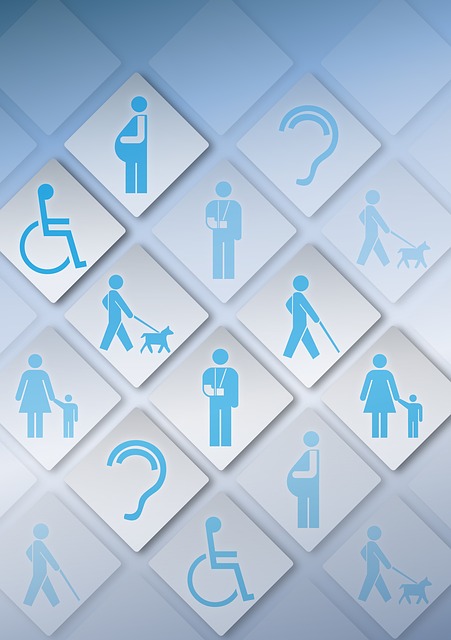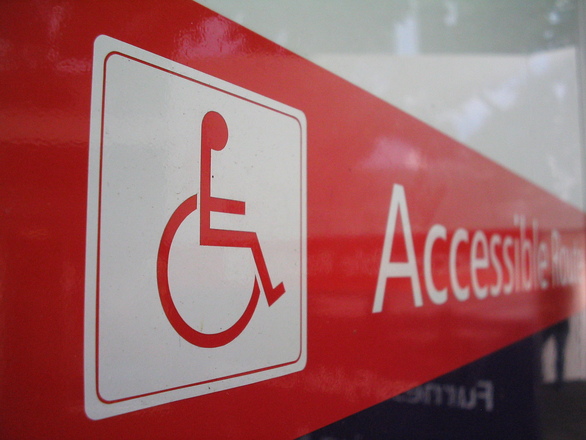 SSDI Compassionate Allowances Program Adds New Conditions
SSDI Compassionate Allowances Program Adds New Conditions
Twelve conditions have recently been added to the SSDI Compassionate Allowances Program. What are these new conditions, how does the program work if you have one of these conditions, and what happens if you’re denied?
The Basics of the SSDI Compassionate Allowances Program
The Social Security Administration recognizes certain health conditions are so severe that, by simply having them, you may qualify for benefits.
These include certain cancers, brain disorders, and a number of rare disorders that make it very difficult to work. If you suffer from one of these conditions, the SSA will expedite your SSDI application.
There are over 200 disabilities and illnesses that qualify for Compassionate Allowance. The SSA keeps a full list of conditions that receive this special status.
The Twelve Conditions Recently Added to the Program
The SSA continually looks at new health conditions for special status. To determine what to include, they consult with disability groups, medical experts, and government organizations. They also take public input and people’s personal experiences into consideration.
In August of 2022, the SSA announced 12 new conditions that qualify for the SSDI Compassionate Allowance Program. The new conditions are:
 Angioimmunoblastic T-cell Lymphoma
Angioimmunoblastic T-cell Lymphoma- Blastic Plasmacytoid Dendritic Cell Neoplasm
- Gerstmann-Straussler-Scheinker Disease
- Microvillus Inclusion Disease-Child
- Mowat-Wilson Syndrome
- Myelodysplastic Syndrome with Excess Blasts
- NUT Carcinoma
- Pfeiffer Syndrome -Types II and III
- Pontocerebellar Hypoplasia
- Posterior Cortical Atrophy
- Renal Amyloidosis-AL Type
- Sarcomatoid Mesothelioma
These conditions, along with the over 200 others, allow you to apply for SSDI through an expedited system.
 What If You’re Denied?
What If You’re Denied?
In general, if you apply for SSDI through the Compassionate Allowance Program, you can expect a shorter wait and higher approval rating.
That said, it isn’t ever guaranteed. The SSA denies the majority of applications on the first try, and while this number may be lower for certain conditions, you still may not receive approval when you expect it.
Denial often comes down to simple mistakes in the application process or a lack of supporting evidence you didn’t even know you needed.
If you’re denied SSDI, you still have options. The SSA allows you to appeal your decision, but you only have 60 days to do it.
Our Memphis SSDI attorneys have helped hundreds of people get the benefits they need and deserve. Don’t want to get started. Contact us today at 901-327-2100 or fill out the form below.
